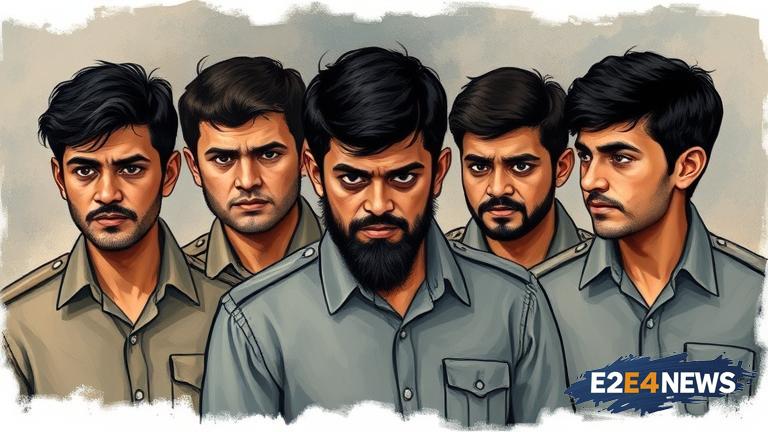In a significant development, a Delhi court has acquitted 6 individuals who were accused of participating in the 2020 riots that took place in the national capital. The court’s decision was based on the lack of credible evidence presented by the prosecution, which was deemed to be ‘egregiously padded’. The accused individuals were charged with various offenses, including rioting, arson, and vandalism. However, the court found that the prosecution’s case was built on shaky ground, with key witnesses turning hostile and a lack of concrete evidence to support the charges. The court’s verdict has been seen as a major setback for the prosecution, which had claimed that the accused individuals were involved in the planning and execution of the riots. The 2020 riots were a major incident that took place in Delhi, resulting in widespread violence, destruction of property, and loss of life. The riots were sparked by protests against the Citizenship Amendment Act (CAA) and the National Register of Citizens (NRC). The prosecution had alleged that the accused individuals were part of a larger conspiracy to incite violence and create chaos in the city. However, the court found that the prosecution’s theory was not supported by the evidence on record. The court also noted that the investigation conducted by the police was flawed, with key evidence being withheld or tampered with. The acquittal of the 6 individuals has been welcomed by human rights activists and lawyers, who have been critical of the prosecution’s handling of the case. The verdict is also seen as a victory for the rule of law and the principles of justice. The court’s decision has also raised questions about the role of the police and the prosecution in the investigation and trial of the case. The prosecution had faced criticism for its handling of the case, with allegations of bias and misconduct. The court’s verdict has also highlighted the need for a fair and impartial investigation into the 2020 riots. The acquittal of the 6 individuals is not the end of the matter, as the prosecution is likely to appeal the verdict. The case has also sparked a wider debate about the state of the justice system in India and the need for reforms. The 2020 riots were a major incident that highlighted the deep-seated communal tensions in the city. The incident also raised questions about the role of social media and other factors in inciting violence. The court’s verdict has been seen as a significant development in the case, and it remains to be seen how the prosecution will respond to the acquittal. The case has also sparked a wider discussion about the need for a nuanced and balanced approach to dealing with communal tensions and violence. The court’s decision has been welcomed by many, who see it as a victory for justice and the rule of law. However, others have expressed disappointment and frustration with the verdict, citing concerns about the lack of accountability for those involved in the riots. The case has also highlighted the need for a more robust and effective justice system, one that is able to deliver justice in a fair and timely manner. The acquittal of the 6 individuals is a significant development in the case, and it will be interesting to see how the prosecution responds to the verdict. The case has also sparked a wider debate about the state of the justice system in India and the need for reforms. The 2020 riots were a major incident that highlighted the deep-seated communal tensions in the city, and the court’s verdict has been seen as a significant development in the case.
